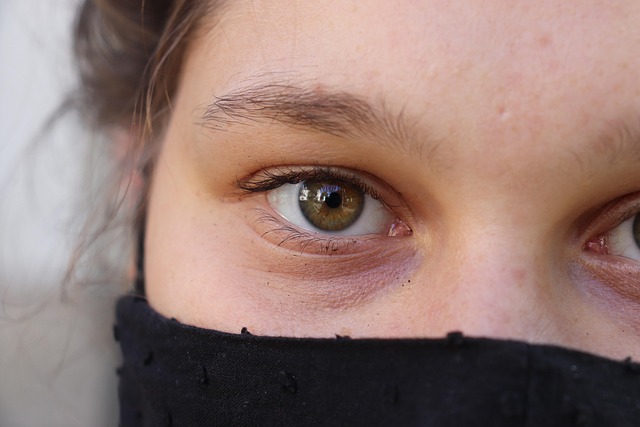The world is witnessing an unprecedented crisis as climate change wreaks havoc on our environment, leading to the emergence of a new group of people known as climate refugees. These individuals are forced to flee their homes due to environmental degradation, natural disasters, and rising sea levels, all directly tied to the increasing global temperatures and erratic weather patterns. The term climate refugees” evokes a profound sense of loss and urgency, as families are displaced and communities are torn apart in the wake of a changing climate.
As temperatures rise, the environment is transforming in alarming ways. Coastal areas are being submerged as ice caps melt and waters rise, displacing coastal families and forcing them to seek sanctuary inland. Drought and desertification are encroaching on farmlands, leading to food scarcity and economic instability, pushing farmers off their ancestral lands. The struggle for survival becomes a palpable reality as these individuals are caught in a vicious cycle of loss and despair, often without the support systems necessary for rebuilding their lives.
In many cases, climate refugees face barriers that exacerbate their plight. Legal systems often fail to recognize their status, leaving them without protections afforded to traditional refugees. This lack of recognition not only denies them the right to assistance but also complicates their ability to find new homes or rebuild their lives. As borders tighten and resources dwindle, the challenges they face become even more daunting, creating a groundswell of human suffering that demands global attention.
The plight of climate refugees is not just an environmental issue; it is inherently a human rights issue. Families who have lived in harmony with the land for generations are suddenly uprooted, navigating an uncertain future marked by hunger, homelessness, and a search for belonging. As we witness these events unfold, we are called to empathize with their stories, to understand that their experiences remind us of our fragile connection to the planet we inhabit.
Confronting the realities of climate change necessitates a collective response. Addressing the root causes of this crisis—namely, the high levels of greenhouse gas emissions—requires global collaboration and immediate action. Every individual has a role to play, from reducing personal emissions to advocating for policy changes that prioritize sustainable practices and environmental justice. The lives of climate refugees hang in a delicate balance, and while the challenge before us is daunting, it also presents an opportunity for a more unified and compassionate response to a shared global crisis.
As advocates for the environment, we must strive not only to protect the planet but also to support those whose lives are irrevocably altered by its changes. Raising awareness, sharing stories, and pushing for systemic change are crucial steps in making sure that climate refugees are not forgotten in the conversation surrounding climate change. Only together can we craft a path forward—one that honors our responsibility to each other and to future generations, creating a world that is resilient and just for all its inhabitants.



